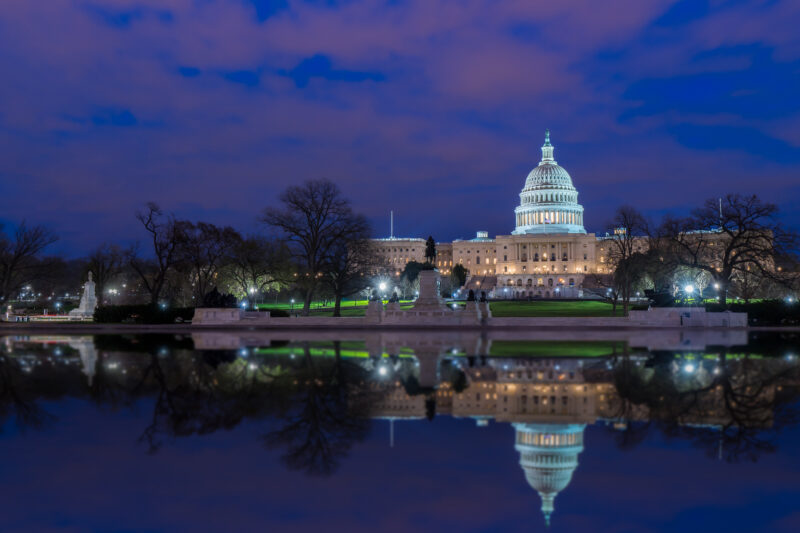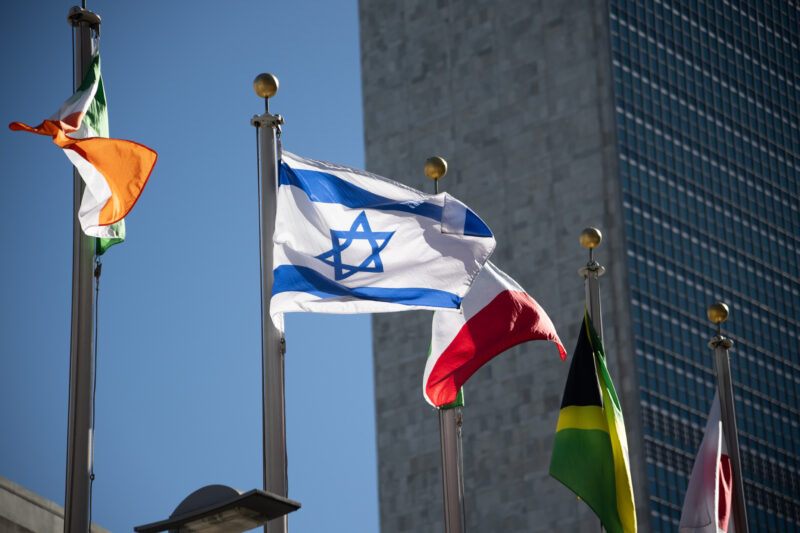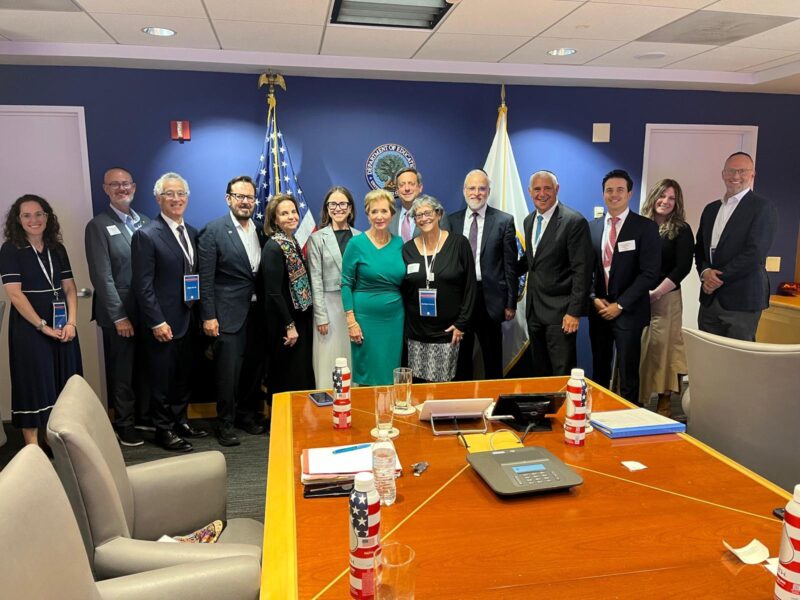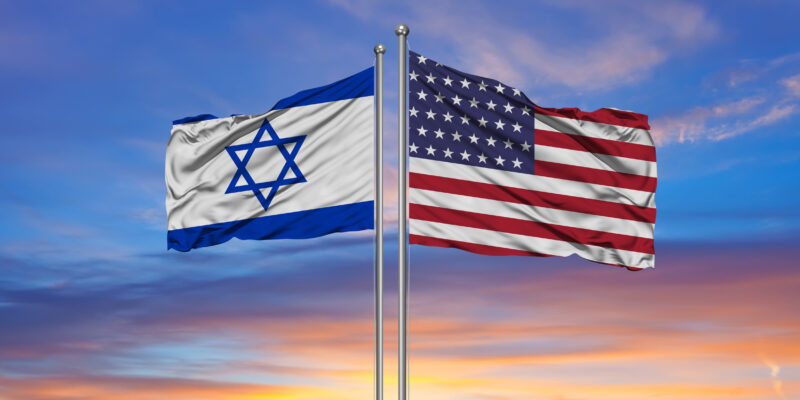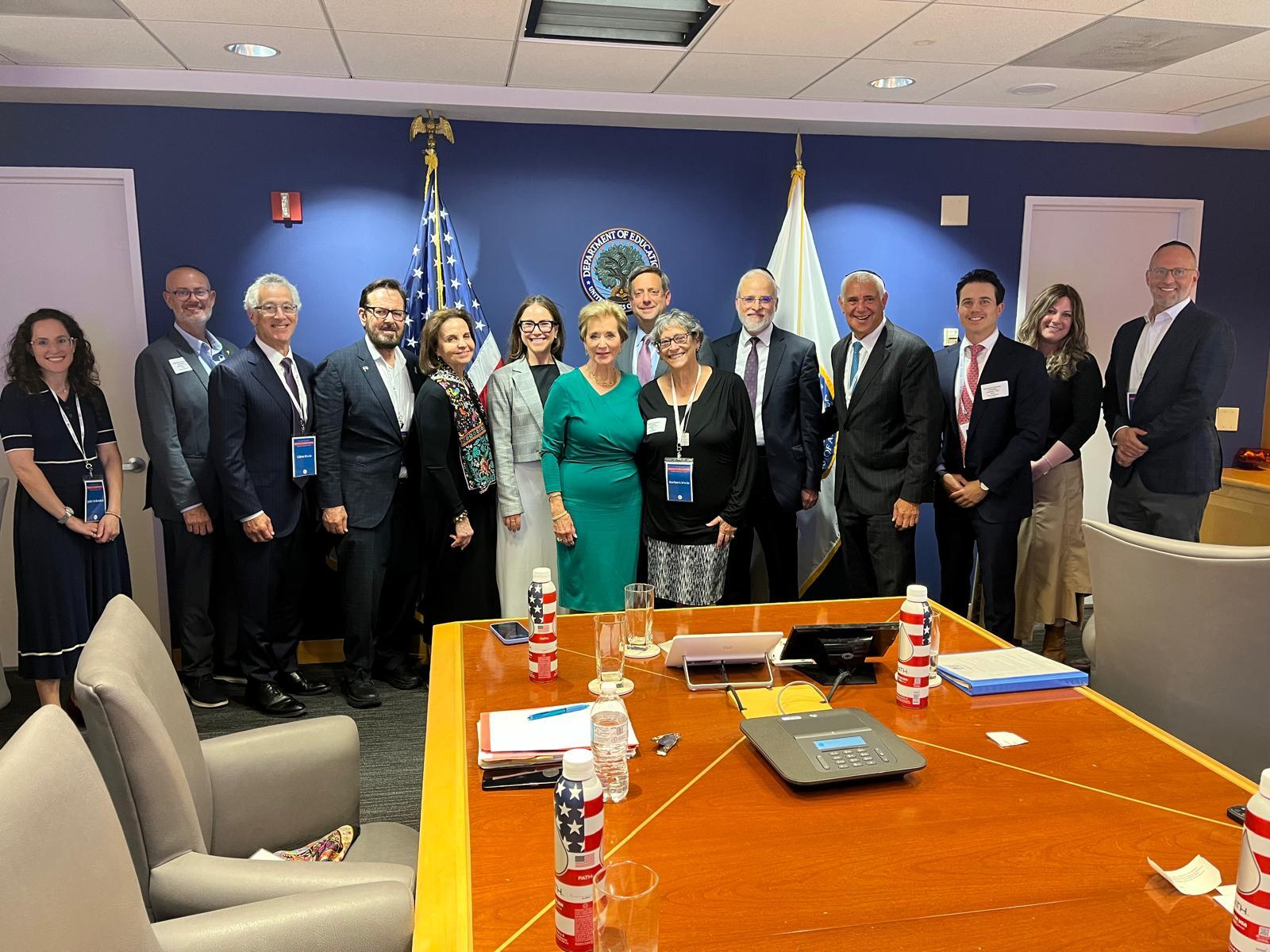
How Oct. 7 revolutionized Jewish advocacy
A month after the Oct. 7 attack, hundreds of thousands of American Jews from across the country gathered on the National Mall in Washington to condemn antisemitism, support Israel and call for the release of the hostages held by Hamas in Gaza. That rally was a high point for the powerful sense of unity that swept the global Jewish community in the days and weeks after the terror attack.
Soon, new language emerged to describe this newfound Jewish engagement and activism. Jewish communities called it “The Surge”: a sharp increase in attendance at Shabbat dinners, synagogues and Jewish cultural and educational events — a phenomenon that, two years later, has slowed but not receded. New York Times columnist Bret Stephens referred to the many American Jews who, for the first time, were waking up to the targeting of Israel and its allies, and choosing to get involved with the community rather than shy away from it, as “Oct. 8 Jews.”
“On Oct. 8, Jews woke up to discover who our friends are not,” Stephens wrote, describing the sense of betrayal that many liberal Jews felt as they questioned why their progressive allies, whom they had stood by for decades, were not standing with them. Two years later, historic alliances have been tested and new ones forged, even as fissures within the Jewish community about how to address the war in Gaza are growing deeper.
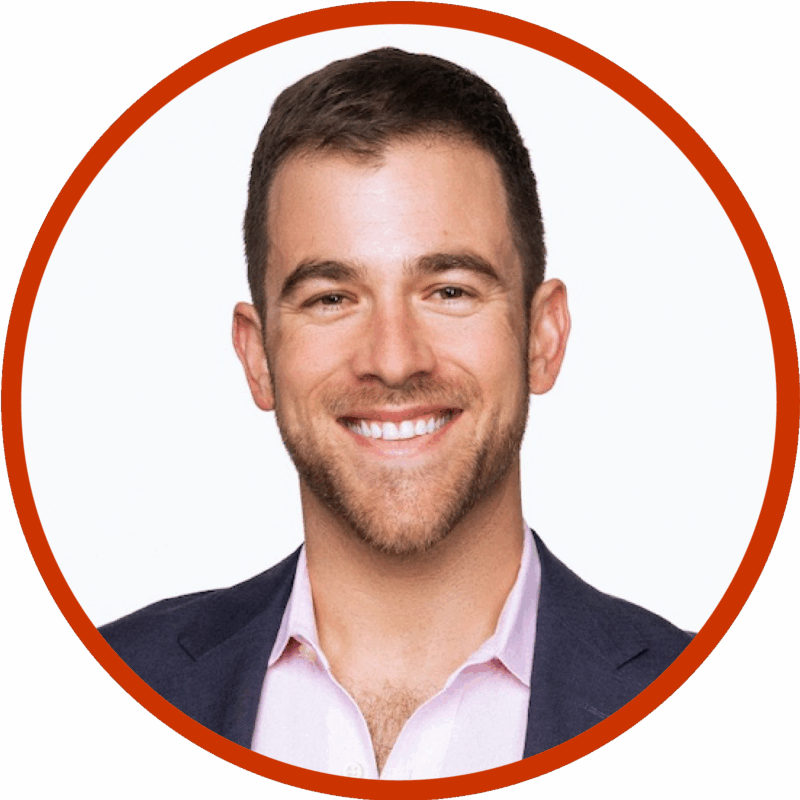
Tyler Gregory
CEO of the Jewish Community Relations Council Bay Area
“We’re beginning to see a third era of post-World War II Jewish American organizing take shape. The first was volunteer-led as we emerged from the darkness of the Shoah; the second began as our institutions increasingly professionalized with experts. Today we are working to marry the best of each of these eras to secure our future — with newfound grassroots and community activism after Oct. 7, in partnership with institutional professionals who have the civic relationships and expertise. This is an all-hands-on-deck moment, and our growing collective energy is the bright spot in an otherwise difficult period.”
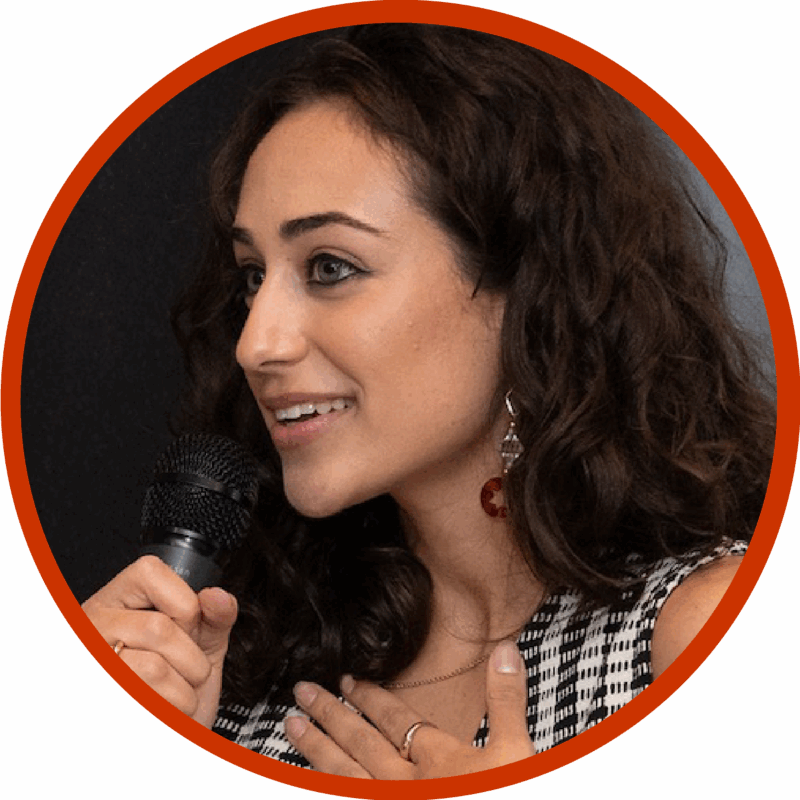
Julia Jassey
Co-founder and CEO of Jewish on Campus
“The most critical challenge that the Jewish community is facing — beginning before Oct. 7 and growing to today — is ‘anti-normalization,’ or the rejection of dialogue with Jewish people because of our relationship to Israel. The irony is that young Jews are more hungry for dialogue than ever. We have seen that antisemitism stems from ignorance as often as it stems from animosity, and the next generation of Jewish leaders understands that the answer to ignorance is education.”
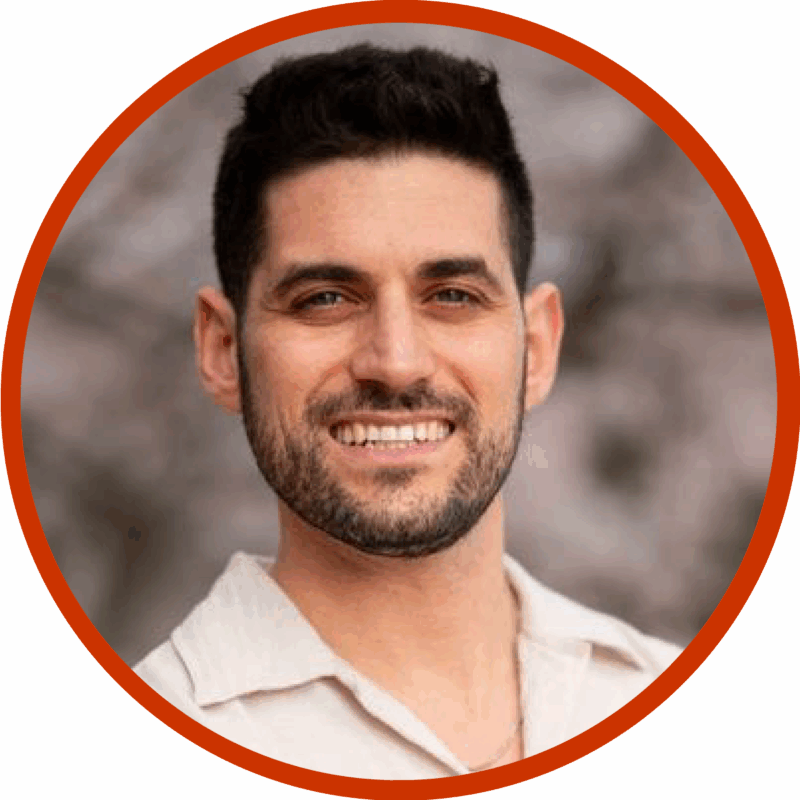
Matan Sivek
Co-founder, Hostage Families Forum U.S.
“Over the past two years, we’ve seen the Jewish community rise to the challenge, standing firmly for the hostages and embodying its core values of saving lives and the mitzvah of redeeming hostages. The issue of the hostages has remained bipartisan, becoming a unifying force that galvanizes not only the Jewish community but also many others who stand with us in our fight to bring them all home. The relentless efforts to bring home hostages have become a central focus of Jewish advocacy, showcasing the community’s impact. Thanks to those efforts, the issue has remained front and center globally, even through the transition of U.S. administrations. Sadly, although the Jewish American community’s advocacy has been crucial to the efforts and helped bring home many of the hostages, not all of them are home, two years later. We are deeply grateful for the unwavering support and dedication of the Jewish American community in this ongoing fight.”
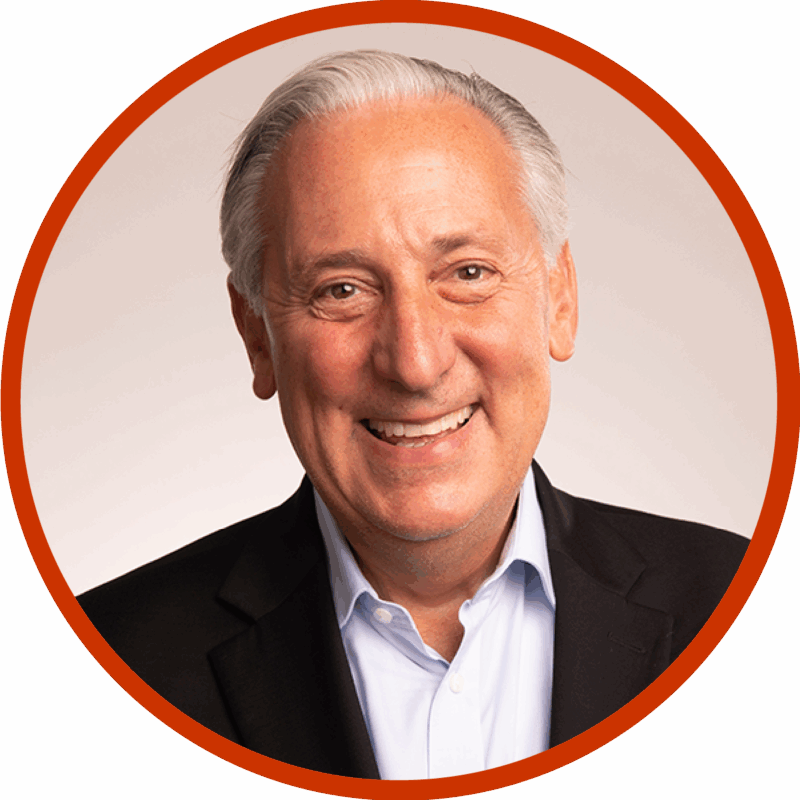
Eric Fingerhut
President and CEO, Jewish Federations of North America
“Since Oct. 7, the Jewish community in North America is more united than ever. We understand that small differences in opinion are less important than standing together. We work hard to coordinate and collaborate. While disagreements make great stories, and no period is entirely without them, the real story of this time is the deep and profound commitment to Jewish unity across the breadth of our community.”
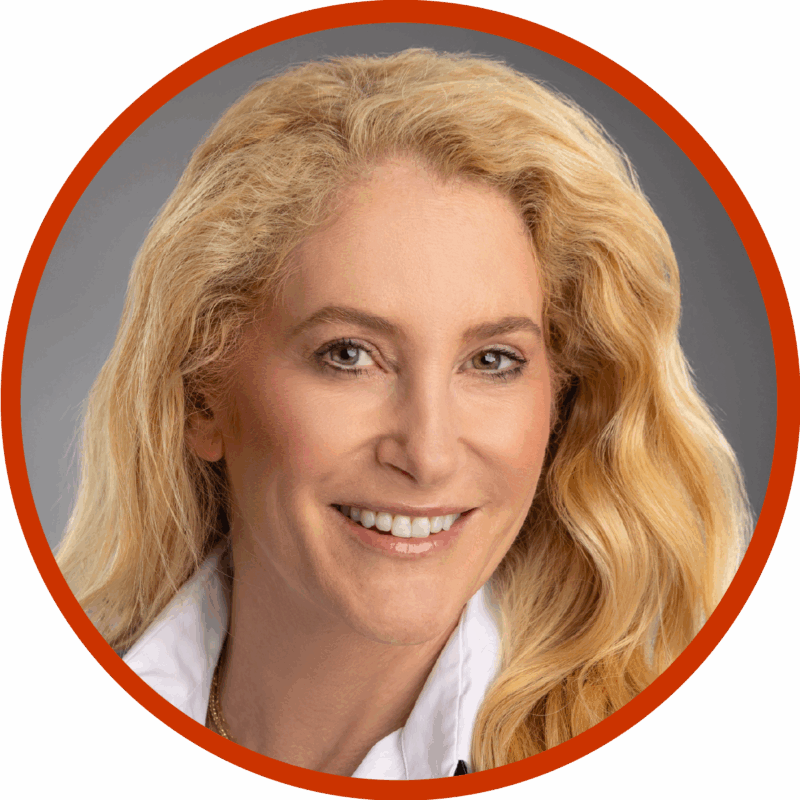
Betsy Berns Korn
Chair, Conference of Presidents of Major American Jewish Organizations
“In my conversations around the world, we are speaking less about Jews living in Israel and Jews living in the Diaspora as separate peoples but as one community with common goals and aspirations. We are embracing our kinship, our common bonds and interests, and our shared experiences as a part of a peoplehood across generations and geographies.”
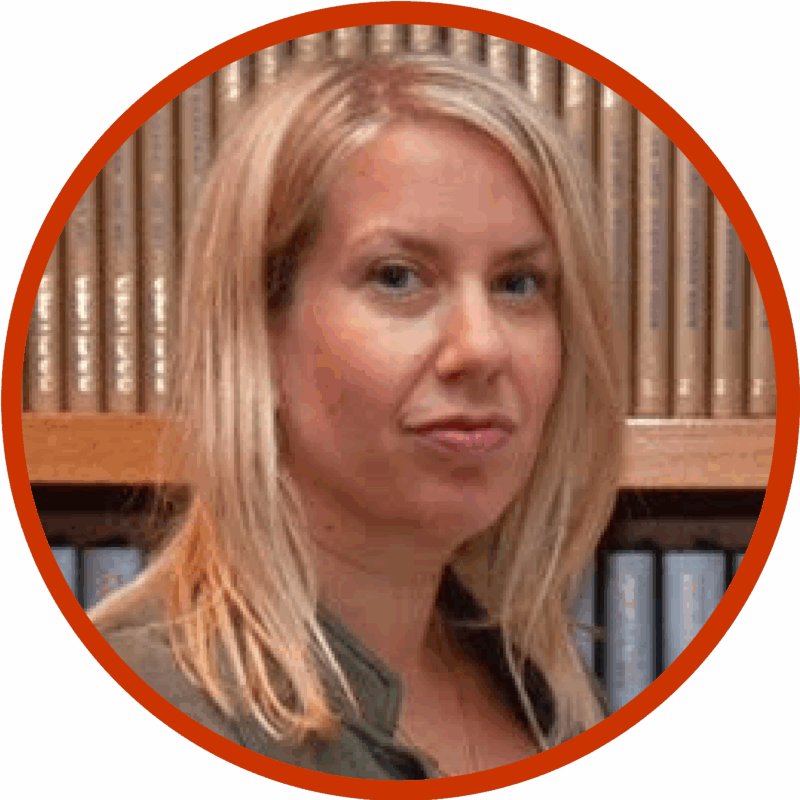
Rabbi Diana Fersko
Senior rabbi of the Village Temple in Manhattan
“The biggest change in the realm of Jewish communal advocacy is best understood through Rabbi Hillel’s oft-quoted teaching: ‘If I am not for myself, who will be for me? But if I am only for myself, what am I?’ On Oct. 6, American Jews were largely focused on the second part of Hillel’s teaching. It felt almost selfish or ‘privileged’ to suggest otherwise. After Oct. 7, we knew better.”
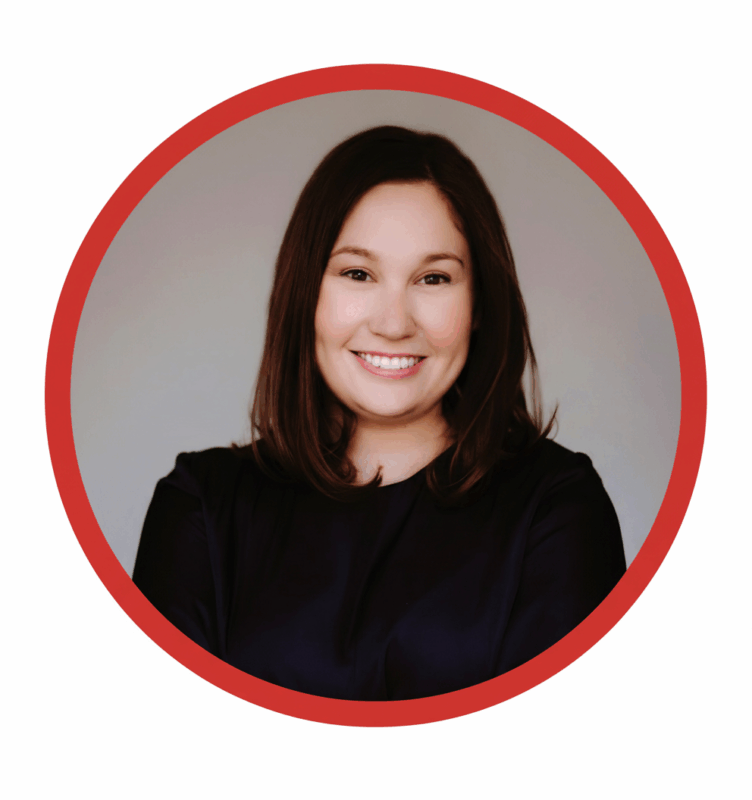
Amy Spitalnick
CEO of the Jewish Council for Public Affairs
“Oct. 7 and its aftermath have only reinforced the false binaries and false choices that have long shaped the conversations on antisemitism and Israel. Extreme voices on both ends of the political spectrum have worked overtime to pit the Jewish community against others: those on the right who say we cannot counter antisemitism without undermining our democratic institutions and values, and those on the left who say we cannot be proudly Jewish or connected to Israel while remaining committed to humanitarian and democratic values. All of this makes it even more urgent to lean into the hard work of coalition- and partnership-building across lines of difference, despite it feeling more challenging than ever.”
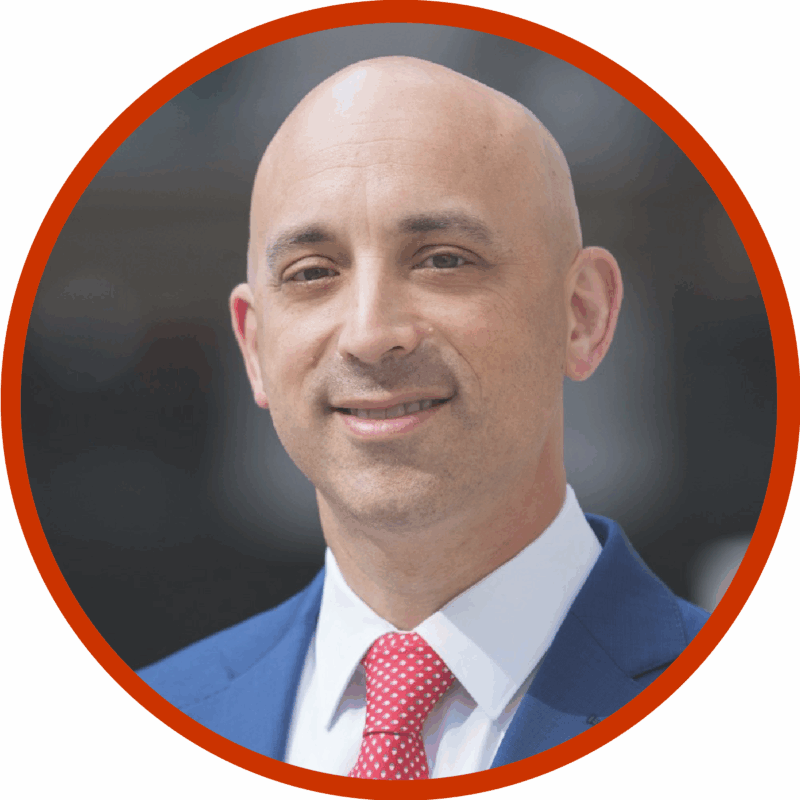
Jonathan Greenblatt
CEO of the Anti-Defamation League
“Oct. 7 changed everything. Antisemitism has become normalized in ways we never imagined. What was once unthinkable — denial of the Oct. 7 atrocities, open support for terrorist groups, assaults on Jewish students — today is not only tolerated but has moved into the mainstream. Strident anti-Zionism has become prevalent in progressive circles. Right-wing extremists promote wild conspiracies that recycle tired antisemitic tropes. In response, ADL has innovated dramatically to increase our effectiveness. We’ve introduced cutting-edge gen-AI tools to fight online antisemitism. We’ve taken the fight to new frontiers such as LLMs and Wikipedia. We’ve launched new tools like the Campus Antisemitism Report Card and Jewish Policy Index to hold college administrators and elected officials accountable. We’ve experimented in new fields such as our TOV ETF that supports shareholder advocacy. And we’ve recommitted to our partnerships with local Jewish communities, empowering more than 400,000 volunteers to take action and stand united against antisemitism.”
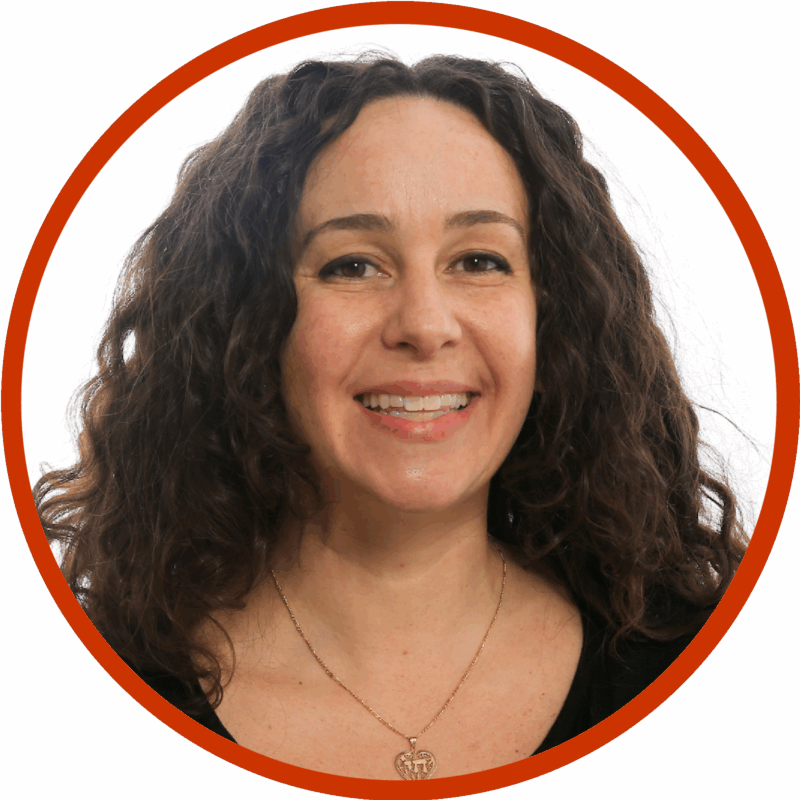
Sarah Levin
Executive director of JIMENA: Jews Indigenous to the Middle East and North Africa
“Since Oct. 7, we’ve seen an alarming rise in antisemitism in the U.S., much of it fueled by revisionist narratives that erase the history of nearly one million Jewish refugees from the Middle East and North Africa in order to paint Israel and the Jewish people as European colonizers, a distortion we know to be utterly false. As Mizrahi and Sephardic Jews, we share our stories again and again to remind the world that Jews are indigenous to the Middle East, that we are one people, and that Jews from Arab lands reject the notion that our Ashkenazi brothers and sisters are foreigners in their own ancestral home. At JIMENA, this has meant doubling down on distributing our educational resources to departments of education in every U.S. state, while building coalitions and working on projects with other indigenous and minority groups from the region including Coptic Christians, Assyrians, Yezidis and Druze so that the Jewish story is understood as part of a broader struggle for survival, dignity and truth.”
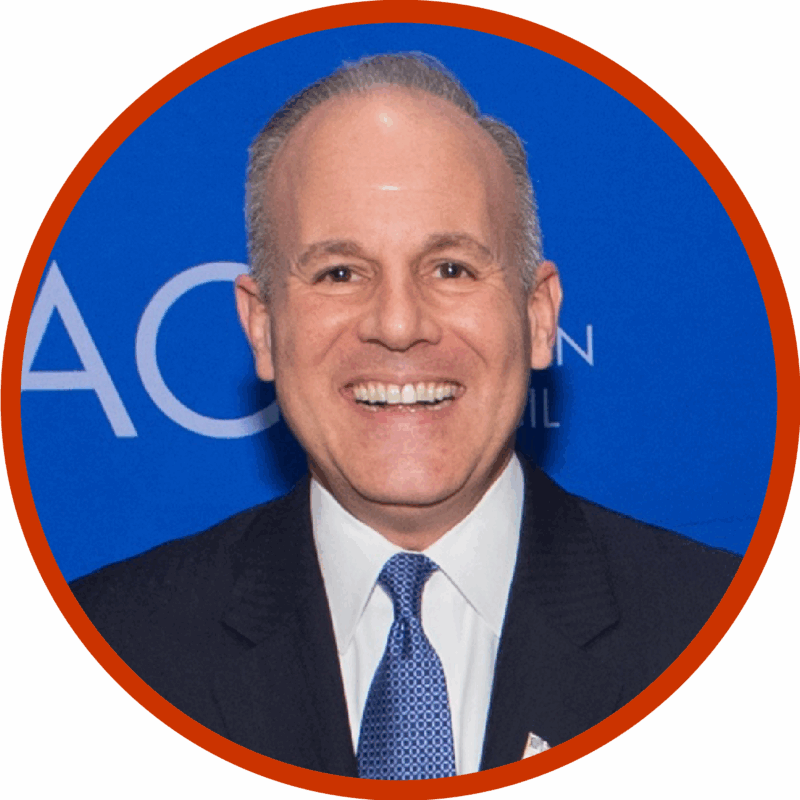
Elan Carr
CEO of the Israeli-American Council
“Oct. 7 and the unhinged antisemitism that followed have awakened in many Jews a deepened sense of identity and a renewed commitment to the welfare of our people. Jewish advocacy becomes far more potent when we arise and unite around our shared goals, and because of common threats, our community is closer to that elusive aspiration than we have been in a long time. May this new year bring us ever more unity, and may God reward us with victory!”
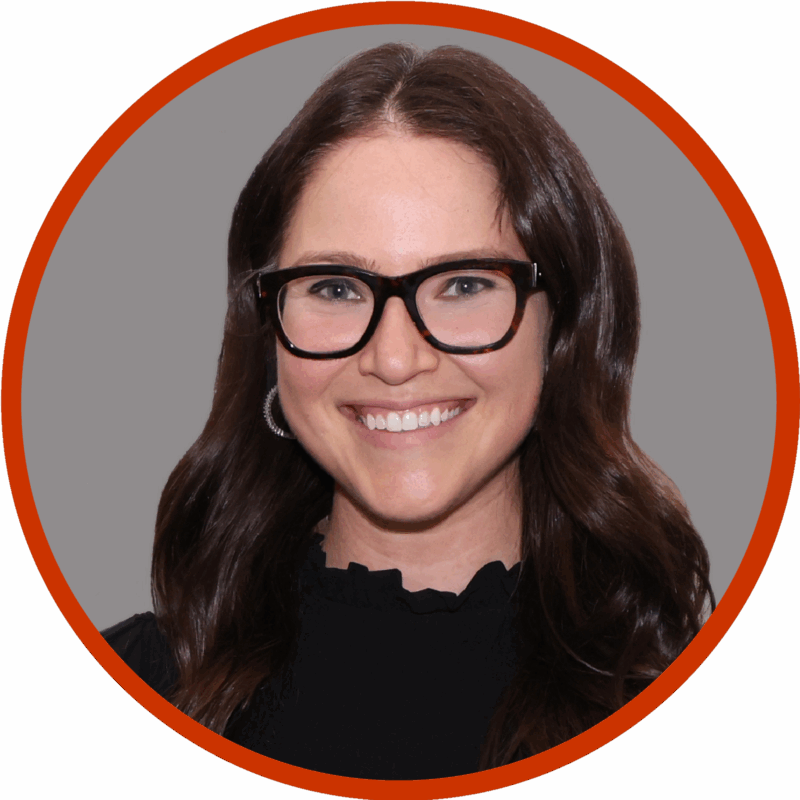
Sydney Altfield
National director, Teach Coalition
“In the two years since Oct. 7, advocacy has taken on a new meaning. No longer confined to lobbyists or political insiders, it has become a collective responsibility for Jewish communities nationwide. As we fight for the Jewish future, and the need for strong and secure Jewish education for all our children, our communities are stepping forward, recognizing that every voice — at every level—has the power to make a difference. In this critical moment, we’ve seen people carry their demands for change to the ballot box, state capitols, federal and city halls and beyond, ensuring that our needs and concerns cannot be ignored.”
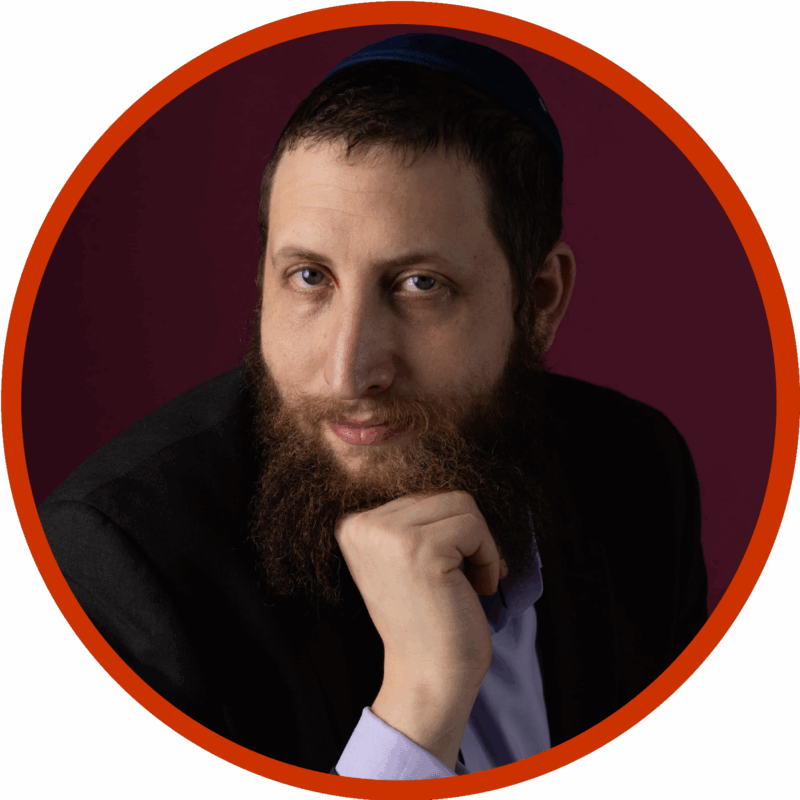
Rabbi Mordechai Lightstone
Director of Chabad Young Professionals’ TechTribe
“There’s been a sea change in our Jewish community. Despite the challenges we’ve faced, Jews have responded with an awakening of Jewish pride: by leaning into their Judaism. I’ve personally seen Jews from across the tech ecosystem, from big tech to startups, call for more Jewish engagement: Torah study, mitzvah practice and vibrant community. The Rebbe taught us that our role as Jewish leaders is, first and foremost, to recognize this tremendous thirst, and to meet the call of the moment by providing the timeless tools of Torah and mitzvos that empower every Jew to stand taller, prouder, more confident and more deeply grounded in their identity.”
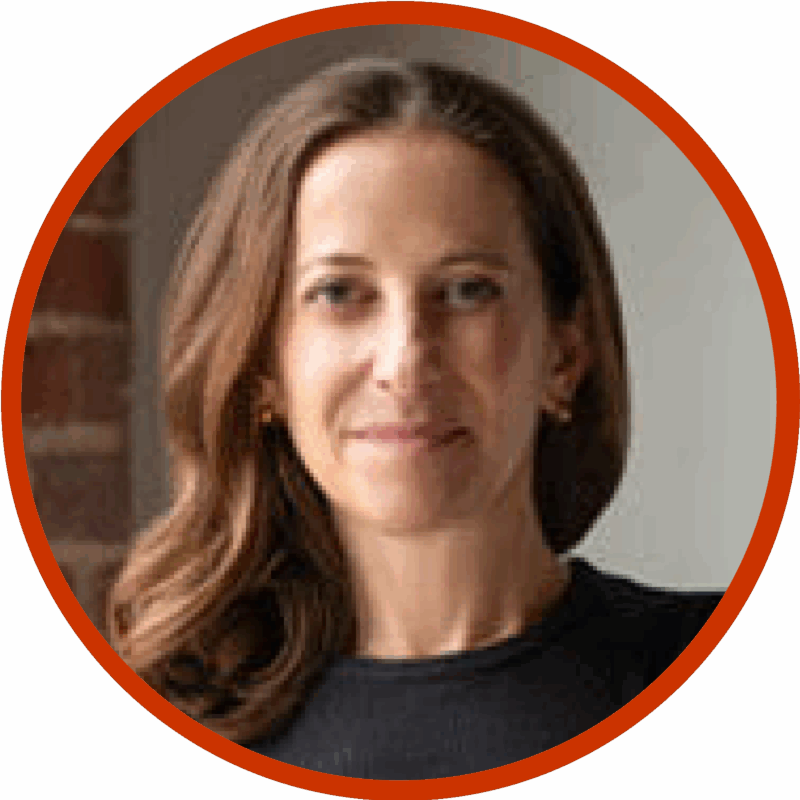
Allison Tombros Korman
Founder and executive director of the Red Tent Fund
“After Oct. 7, I and many others in progressive spaces — abortion access, mental health, immigration reform and others — were unfairly forced to choose between our Jewish identity and the issues we are passionately committed to. This is particularly painful given that the Jewish community has been longstanding leaders and partners in reproductive health work, with over 80% of American Jews believing abortion should be legal in all or most cases. I created the Red Tent Fund to bridge Jewish values with direct service work securing abortion access, ensuring a space where no one must choose between their identity and their commitment to reproductive freedom — and we remain focused on centering the needs of those seeking abortion care above all else.”
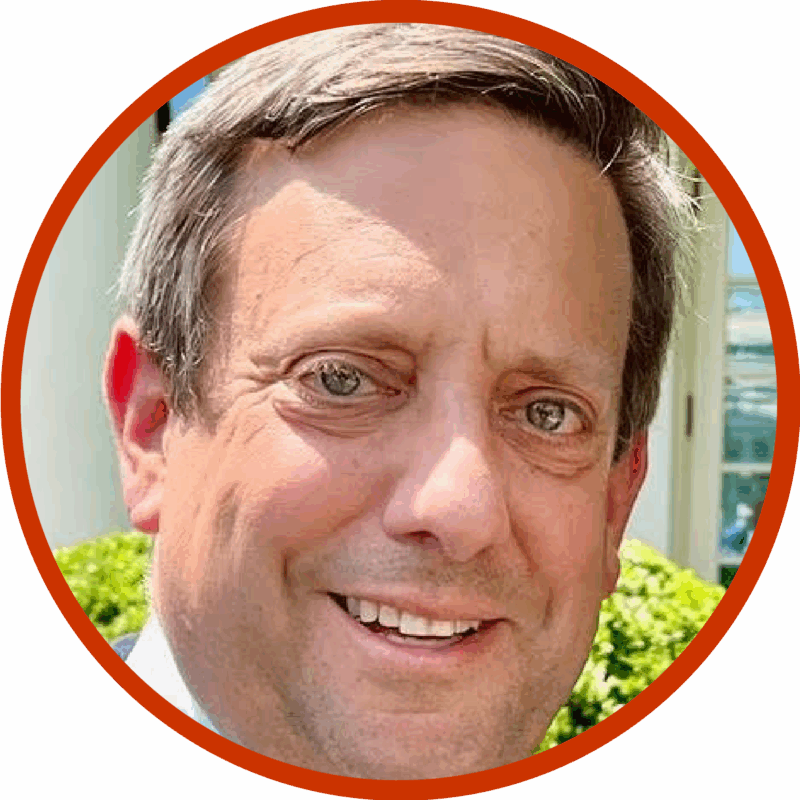
Nathan Diament
Executive director of public policy for the Orthodox Union
“In the aftermath of Oct. 7, I have seen Jewish advocacy and activism change in several key ways. (1) Doubling down on coalition partnerships with ‘real’ allies is more critical than ever. In the wake of Oct. 7, some Jewish leaders and organizations found themselves abandoned by partners who they thought were ‘allies,’ but at our time of crisis and need showed themselves otherwise. On the other hand, there are allied groups who have stuck with the Jewish community, and we must do more to maintain and strengthen our relationships with those loyal friends. (2) More American Jews than ever recognize how critical activism is and are willing to put in the time. More people in our community are volunteering more of their time and other resources, whether it’s coming to D.C. on a mission, volunteering on GOTV [Get Out the Vote] work and more. (3) We have seen the polling that younger Americans, in both the Republican and Democratic camps, are less supportive of Israel (and the Jewish community). We must invest effort in educating and cultivating young people in our communities to pursue careers in politics and policy so they can be in positions of power and influence, or we risk terrible outcomes.”
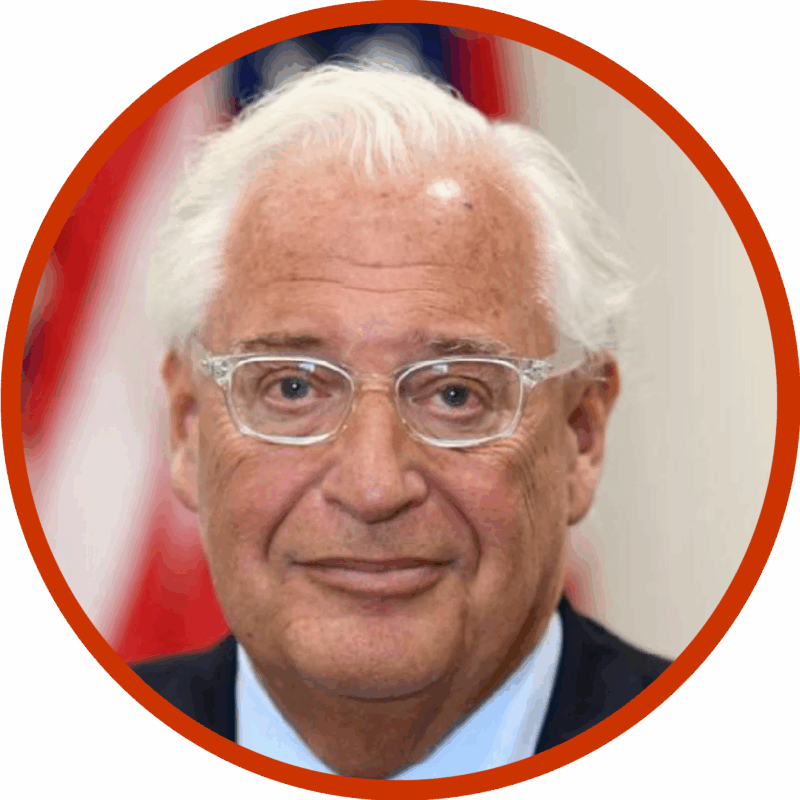
David Friedman
Former U.S. ambassador to Israel, 2017-2021
“No Jew is the same since Oct. 7. We all have become more vulnerable and more conscious of how we relate to the rest of the world. Many of us have become stronger in our commitment and resolve to perpetuate our ancient tradition. Regrettably, some have given up the fight as a result of intimidation or apathy. But we all have changed.”
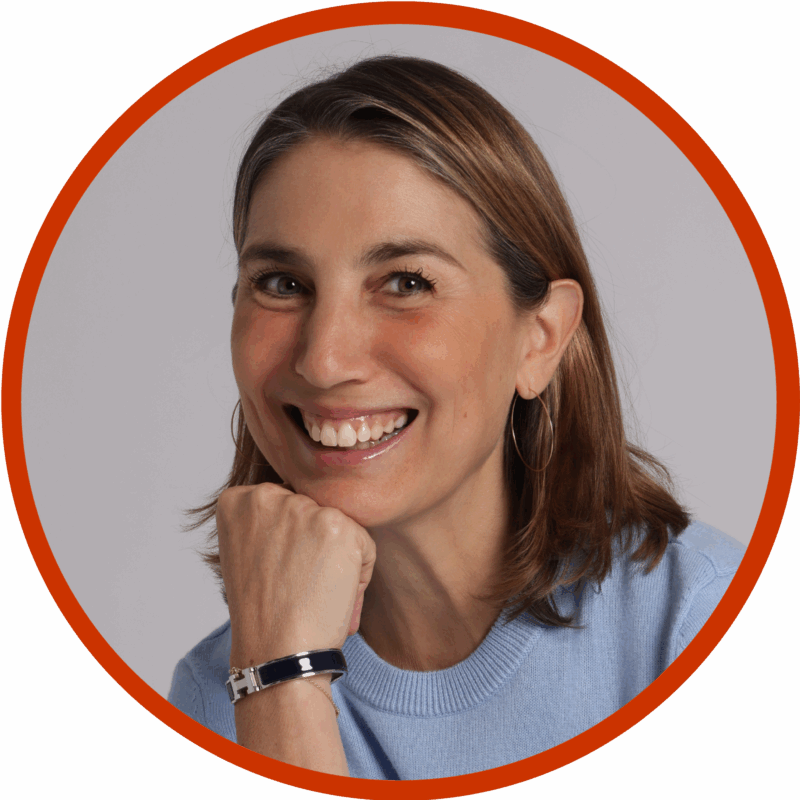
Zibby Owens
Editor of On Being Jewish Now and CEO of Zibby Media
“The impact of Oct. 7 on Jewish activism has been profound. The atrocities particularly mobilized those in the Jewish diaspora like me. Before Oct. 7, we didn’t need to be ‘active’ in the same way when there wasn’t an active threat to our existence. How quickly that changed. And so we speak out, call out, write, unite. We do anything in our power to halt the train that seems to be speeding right towards us. We remind people ‘never again’ as we contend with the division among Jews over Israel’s military tactics and, of course, the widespread hate from many non-Jews. We are standing up for that long-lost relative or close friend we don’t see enough and getting beaten up for it. But we are doing it together. Where there’s division, there is also intense bonding and new communities forming. Our tribe is strengthening exponentially. Powerfully.”
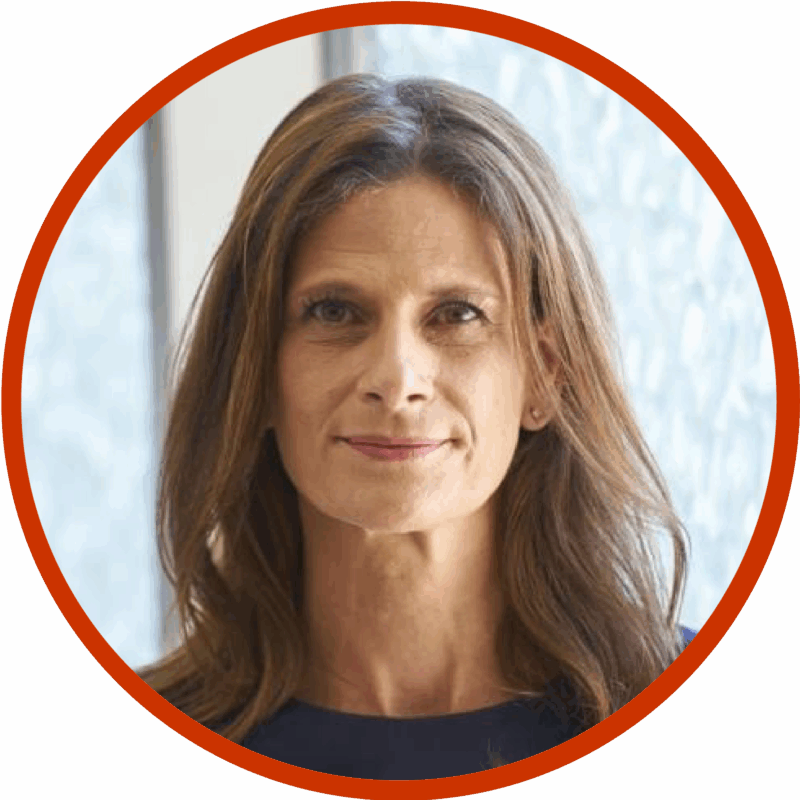
Michal Cotler-Wunsh
Former Israeli envoy for combatting antisemitism, 2023-2025
“No less than the horror and heinous war crimes and crimes against humanity perpetrated on Oct. 7 — international silence, denial, justification and a tsunami of antisemitism in response to the atrocities perpetrated by genocidal terror and the multi-front war waged that day — exposed the imperative for a dramatic shift in Jewish advocacy. A decades-long unconventional war for hearts and minds that systematically hijacked, redefined, inverted [and] weaponized international principles and institutions to demonize, delegitimize and apply double standards to the State of Israel normalized a modern strain of this ever-mutating hate, as defined by the International Holocaust Remembrance Alliance (IHRA) in a long democratic process.
But antisemitism is never just a problem of Jews. It is a problem of antisemites, and of the places and spaces that allow them to peddle and spread this lethal hate. [There is a] modern ‘acceptable’ strain of ‘just anti-Zionism’ — that denies Israel’s right to exist, targets not only Jews, but Zionists who support Israel’s existence, in any borders. Addressing antisemitism, and the threat to humanity and freedom that it signals, demands recognition of the danger it predicts, and the creation and implementation of strategies to comprehensively identify and combat it.”
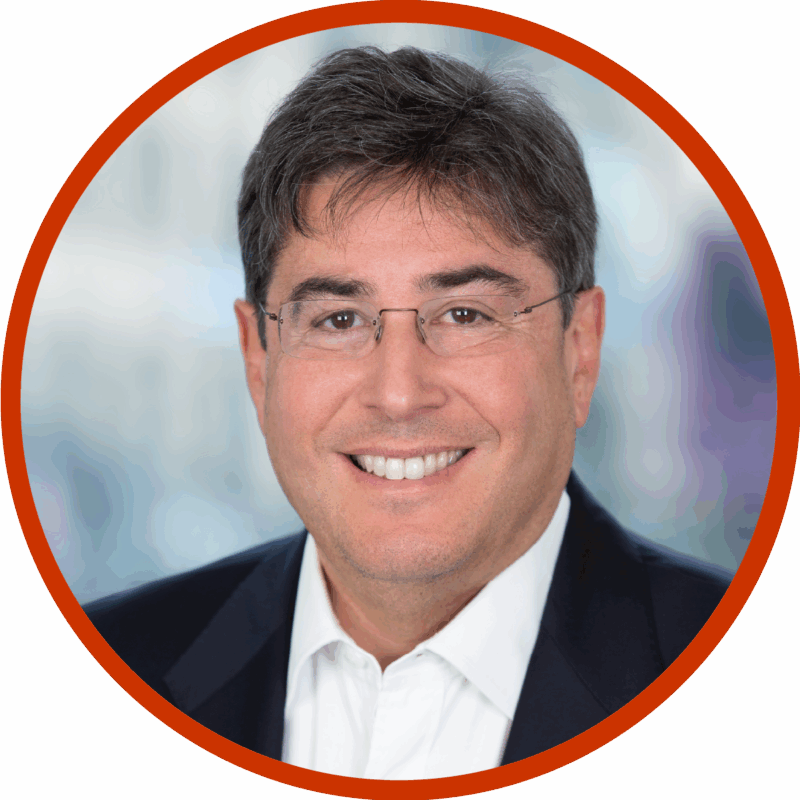
Eric Goldstein
CEO, UJA-Federation of New York
“Among the greatest challenges confronting American Jewry before Oct. 7 were apathy and complacency. No longer. Oct. 7 — and its reverberations here [in the U.S.] — were a reckoning for the American Jewish community, igniting in many a renewed sense of clarity and responsibility: to speak out loudly and unapologetically for Israel’s right to exist as a Jewish homeland, for the hostages and against antisemitism. In today’s political environment, that responsibility has only deepened, calling for a collective voice that is stronger and more united.”
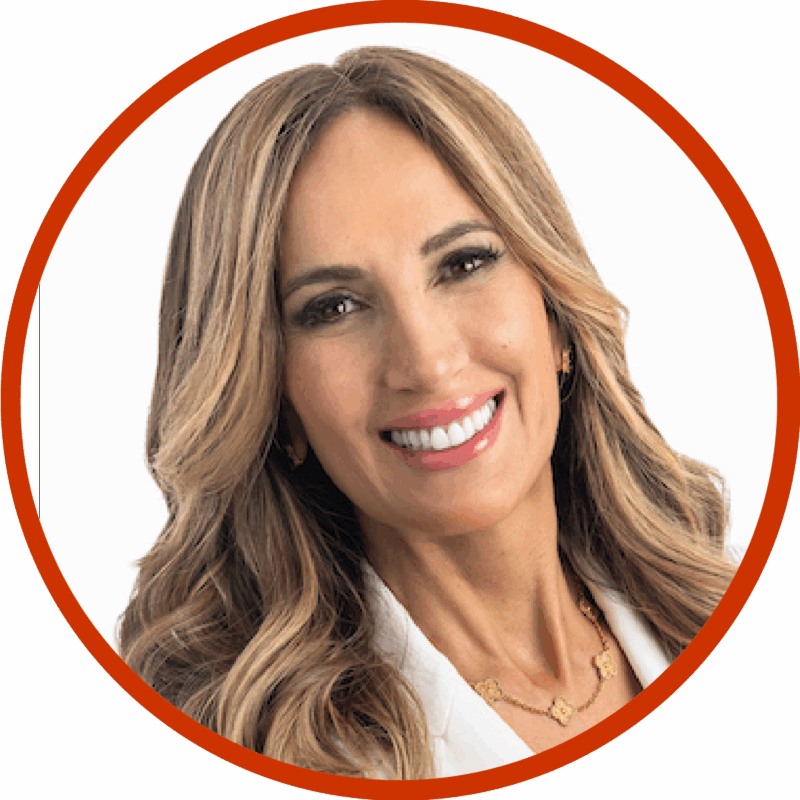
Ellie Cohanim
Former U.S. deputy special envoy to monitor and combat antisemitism, 2019-2021
“What I have found powerful is the number of Christian and conservative leaders who rallied around the Jewish community since Oct. 7. For me personally, it happened within weeks of the attack that I received a call from James Carafano of the Heritage Foundation, who patched me on with Pastor Mario Bramnick and Pastor Luke Moon — and the three men told me they knew the time had come to stand with American Jews in what they believed was an anti-American and antisemitic movement that was forming. It was then that we decided to launch the ‘National Taskforce to Combat Antisemitism,’ a coalition that has now grown to 45+ Christian, conservative and Jewish organizations dedicated to taking down the pro-Hamas movement in the U.S.”
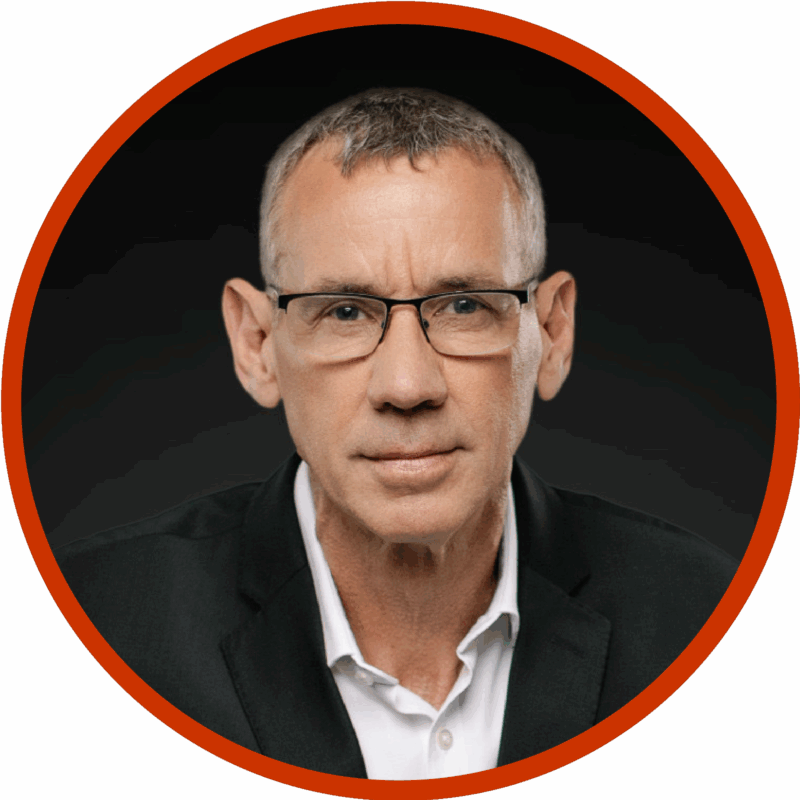
Mark Regev
Former Israeli ambassador to the U.K., 2016-2020
“On Oct. 7, when Hamas stormed across the border to murder, mutilate and rape, they did not pause to ask whether their victims supported or opposed judicial reform, whether they were Orthodox or secular, left or right. Hamas showed themselves to be indiscriminate in their barbarity — equal-opportunity killers. At a time when Israelis can often be preoccupied with internal divisions, Hamas delivered a stark reminder: our common destiny is far greater, and far more enduring, than anything that may separate us.”
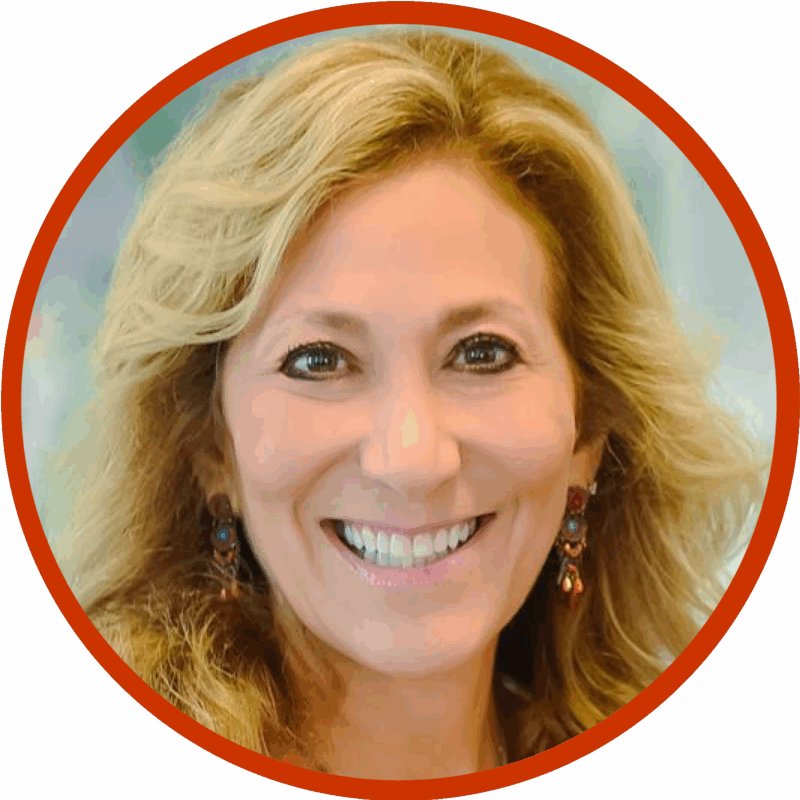
Lisa Eisen
Co-president, Charles and Lynn Schusterman Family Philanthropies
“Through the pain of Oct. 7, the Jewish community strengthened its resolve to show up as proud Jews, to stand with and support the Israeli people and to fight antisemitism. This work has included providing unprecedented levels of assistance to Israel to heal and rebuild, as well as ensuring that support for Israel and the U.S.-Israel relationship remain bipartisan in a polarized time. It has included reimagining Israel education, supporting organizations who embrace humanity, nuance and complexity in their work on these issues, and building alliances with those who seek spaces of unity and solidarity while moving past the extremes on both sides. It has included showing up as proud Jews, in secular spaces, who remain committed to building more just and inclusive societies in the U.S. and Israel.”
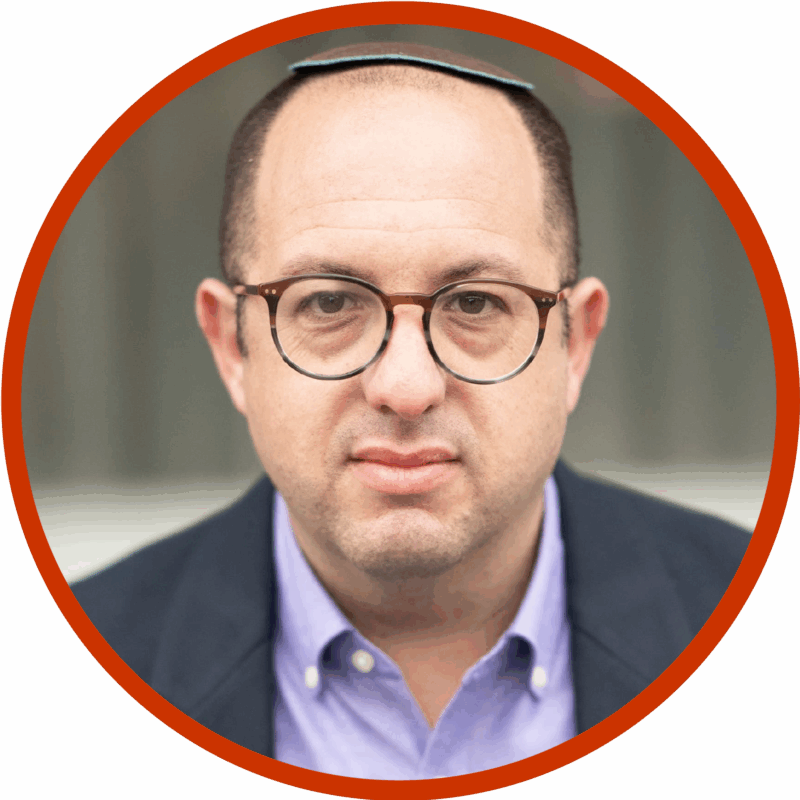
Zvika Klein
Editor-in-chief, The Jerusalem Post
“When Donald Trump first became president in 2017, any antisemitic graffiti in a Jewish cemetery or JCC would immediately become news on a national and international level. He was blamed for a so-called new wave of antisemitism. Fast forward to our time, since Oct. 7, graffiti in Jewish cemeteries isn’t considered a news item anymore. At least, an item on a local radio or news site. Another difference is that being antisemitic isn’t something people feel they have a need to hide anymore. It’s actually popular to be anti-Jewish. They no longer need to blame the Zionists, but straight out say, ‘It’s all because of the Jews.’ That is something that really worries me.”
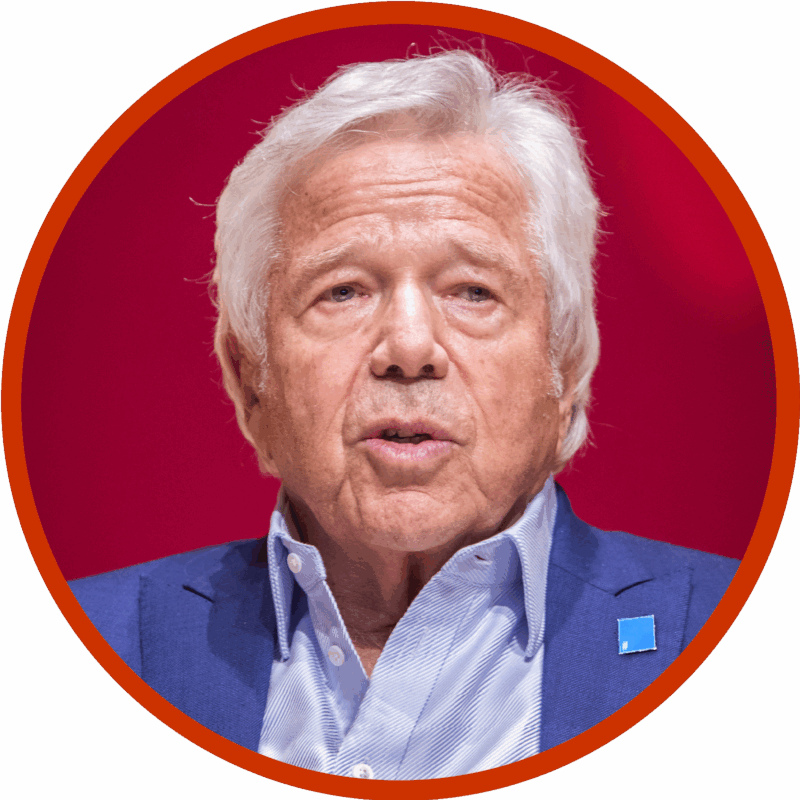
Robert Kraft
CEO of the Kraft Group and founder of the Foundation to Combat Antisemitism
“The events of Oct. 7 profoundly changed American Jewish life. The surge in antisemitism — and the fear, concern and vulnerability it has created — has reached levels most of us have never experienced in our lifetimes and is reminiscent of Germany in the late 1930s. When I founded the Foundation to Combat Antisemitism six years ago, I could not have imagined our mission would become more urgent than it is today. The data makes it clear: We must continue to educate Americans to the hate around us, to the hate that is directed at Jews, and non-Jews. Hate is the fuel that can ultimately lead to the destruction of our society if it is not addressed. Yet even in this difficult moment, we have seen hope. Stand Up Sunday brought together neighbors, coworkers, and friends from every background, who stood with us and spoke out in their own communities. The advertising that we are doing through our foundation has created measurable positive feedback — awareness creates solidarity and solidarity is what will allow our society to stand up to hate. The road ahead will not be easy. But together — through empathy, education, and fellowship — we can confront the hate that fuels violence and discrimination, and build a safer, stronger future for Jewish people and for all people.”
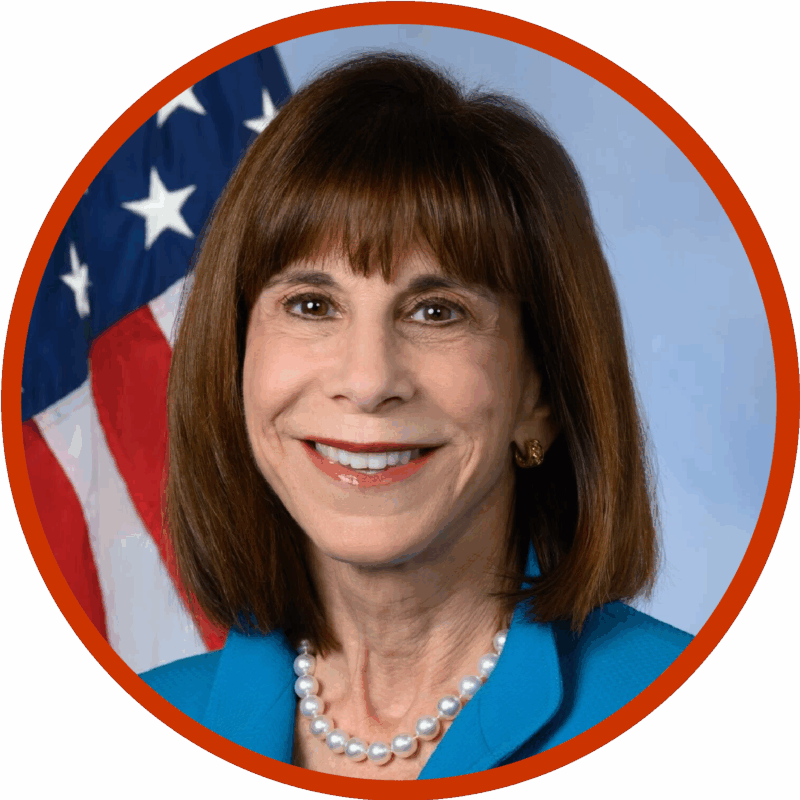
Former Rep. Kathy Manning (D-NC)
Chair, Democratic Majority for Israel
“Simply stated, Oct. 7 changed our world, bringing darkness and isolation to Israel and American Jews. Although antisemitism has been on the rise for years, it burst forth like a tidal wave on Oct. 8, washing away the illusion that the oldest, shape-shifting conspiracy theory, the reflexive hatred of Jews, could be eradicated or even contained.
“As an American Jew, a former chair of JFNA, a former member of Congress and board chair of DMFI, I understand how important the U.S.-Israel relationship is to the U.S., and how fundamental the connection to Israel, the ancestral Jewish homeland, is to American Jews. I also know that our government, both Democrats and Republicans, have supported the right of Israel to exist as a Jewish state for more than 75 years. Our relationship will survive these challenging times.”
Read the Reflections
Two years after the Oct. 7 attacks in Israel, Jewish Insider asked leading voices to reflect on how that day transformed politics, diplomacy, education, advocacy, and Jewish life. Their reflections reveal the deep ripple effects of a single day — changes that continue to shape our world.




